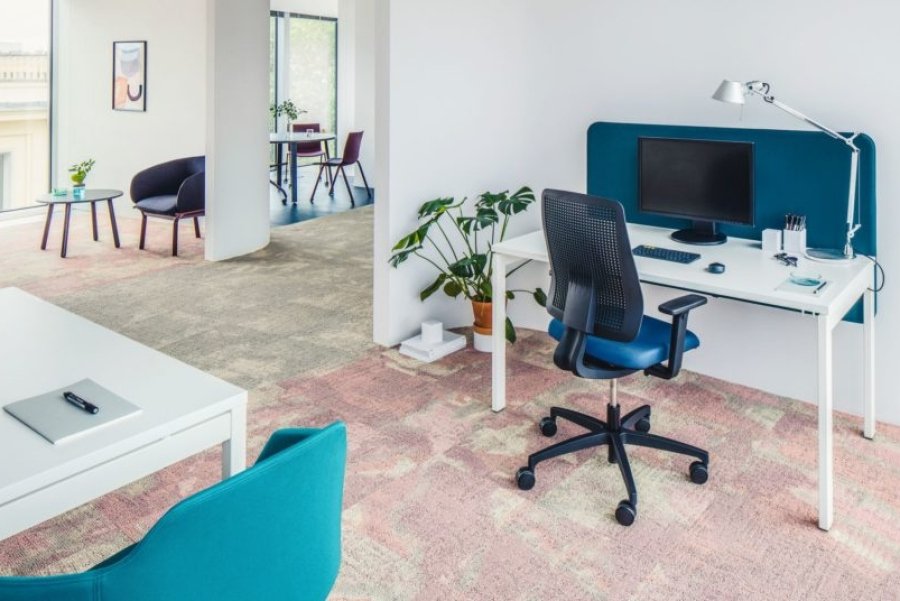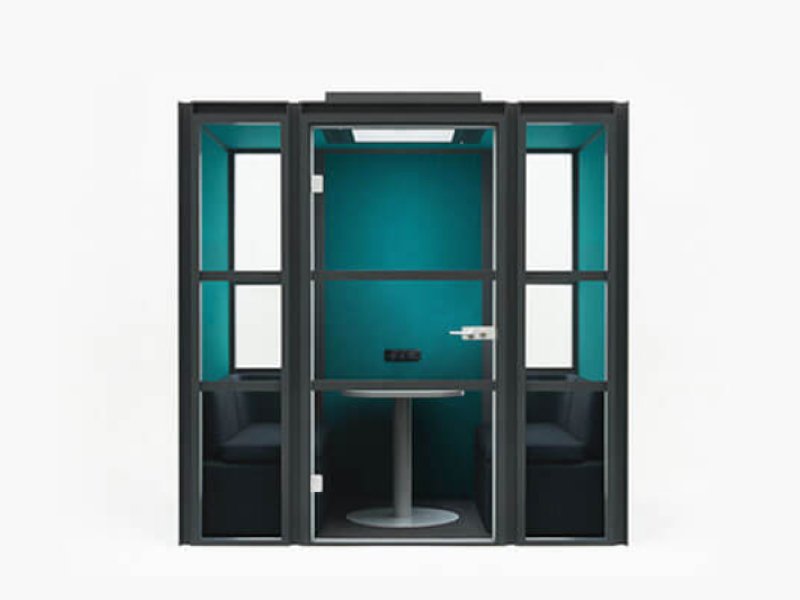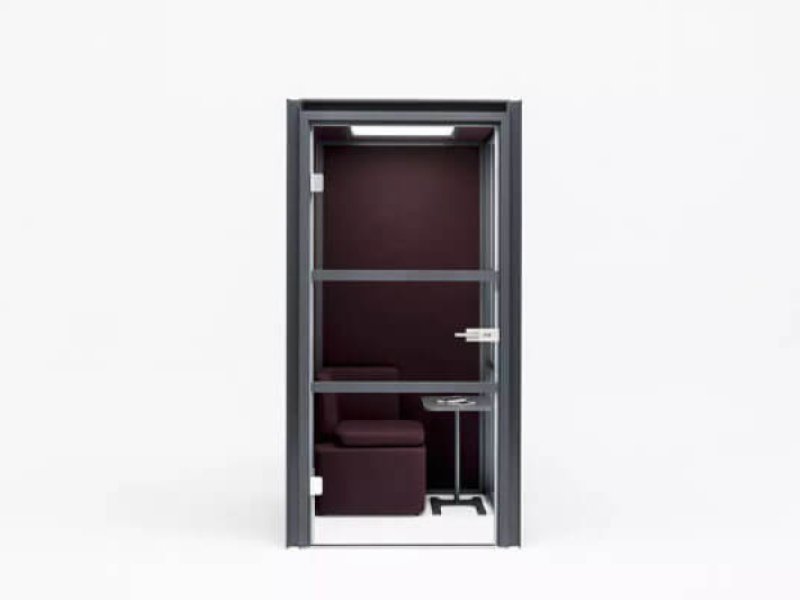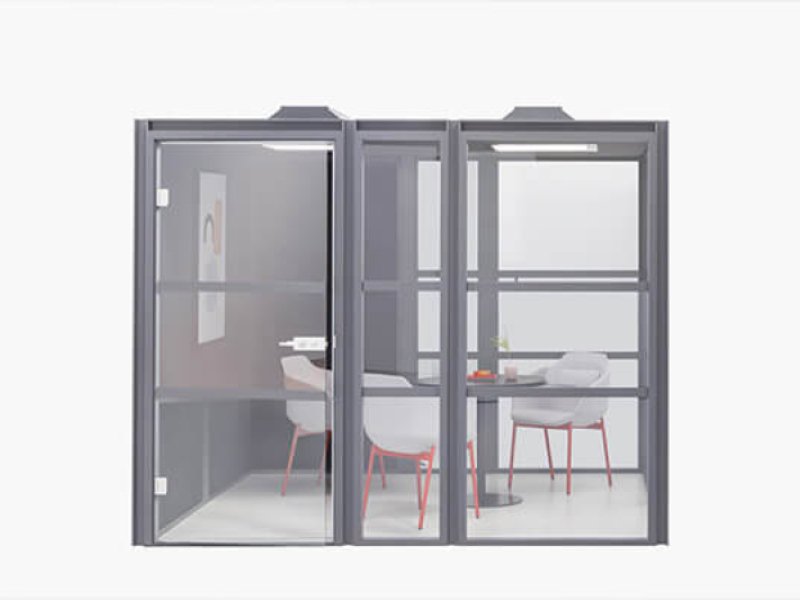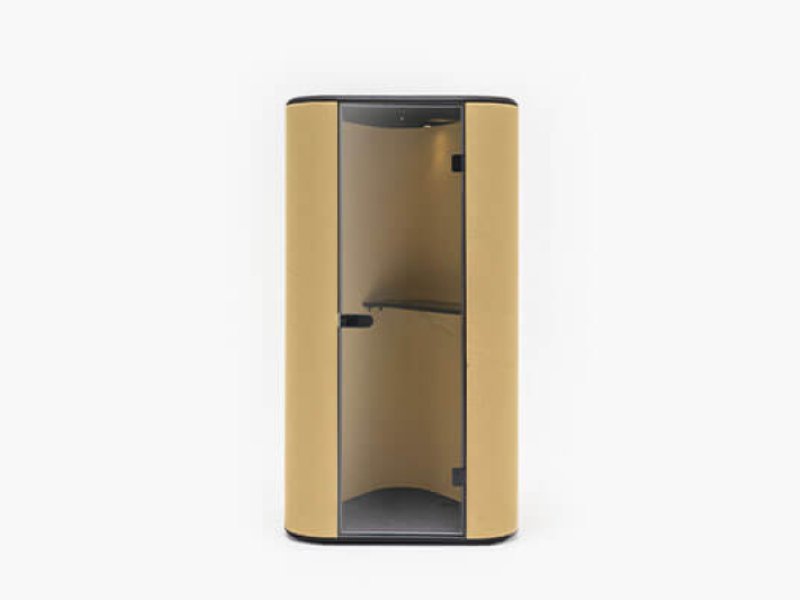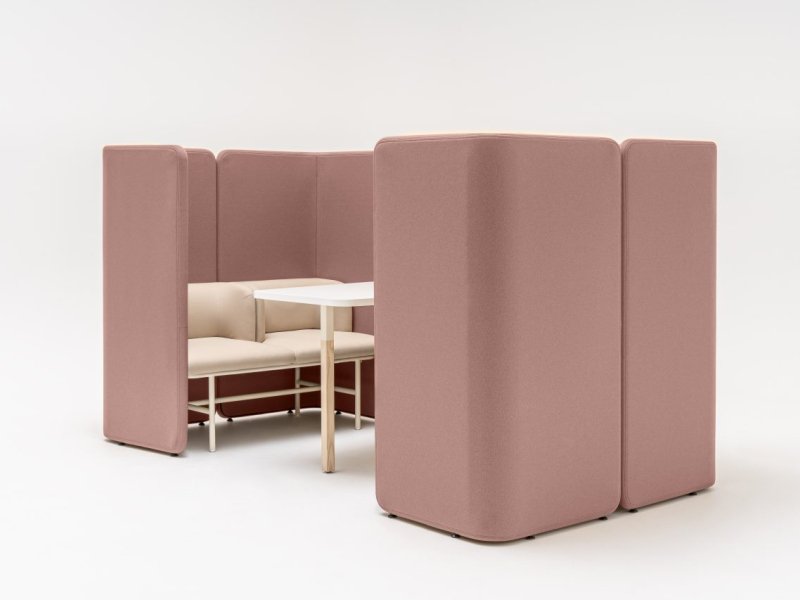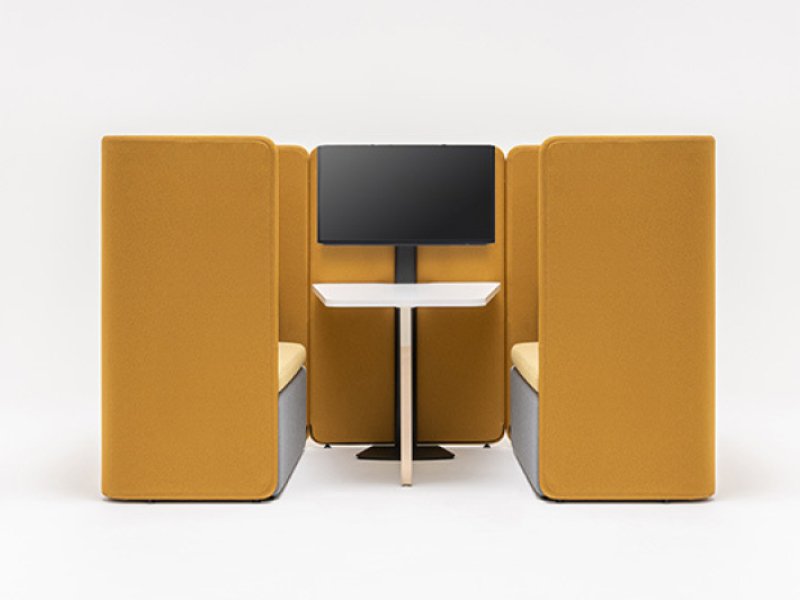Nowadays, it is believed that in order to succeed professionally one has to be extremely self-confident, dynamic and easily make new acquaintances. A person with those personality traits can very often become a leader or a “Big Dog”. Work style, how someone meets new people and their preferred activities are mostly traits of that person’s character. It is worth mentioning that we can all work on strengthening or weakening some of our personality traits, however, we cannot change our nature.
Two Poles
Susan Cain, an author of “Quiet: The Power of Introverts in a World That Can’t Stop Talking” speaks about research dedicated to personality issues. On the basis of the research she concluded that 30% to 35% residents of the United States are introverts. Taking into consideration the fact that Americans are largely extrovert, the percentage of introverts in other countries cannot be any lower. Therefore, representatives of the less noticeable group are most likely to be in every office.
There are as many definitions of intro- and extroverts as there are researchers dealing with the issue. Regardless of some discrepancies, the position of scientists on the topic is the same. The most valid difference between the two groups is that they respond to a different level of stimuli. Introverts feel best at lover level of boost. Extroverts, on the other hand, prefer the environment to provide them with more challenges.
Extroverts and introverts have a different work style. The first group have a tendency to immediately complete the given tasks, make quick decisions and multitask. Representatives of the latter group are slower, more detail oriented and work through reflection. Their advantage over extroverts lies in concentration and strong work ethics. They listen more often than talk, frequently choose a written communication over conversations. Small talk is not for them, they enjoy debates and analysis of specific issues. They avoid conflicts, however they are not shy or recluses. They are not afraid to voice their opinion or be surrounded by people, they just do not feel the need to.
Adam Grant from the University of Pennsylvania showed in his research that extroverts are the perfect leaders of passive teams, while introverts are more effective in a highly motivated and active team. Introverts have the ability to listen and do not need to dominate the room; they motivate and supports their team. However, let’s not go overboard and claim that introverts are better bosses. It is just worth remembering that they have a lot to offer, both as leaders and subordinates.
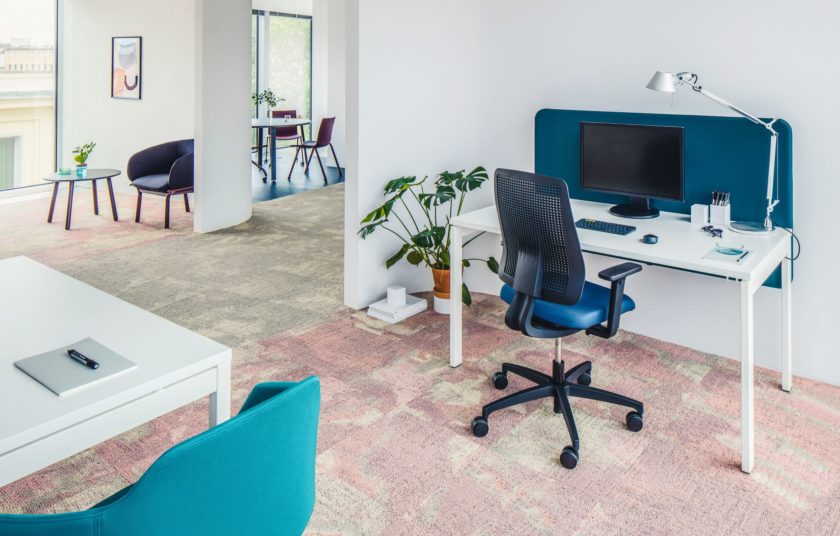
Space for an introvert
Modern office reality and a fast pace of work expects a certain sacrifice from the introverts. Team work, open working space, quick decision making- all the elements are stressful and affect their mental wellbeing. The solution of the problem lies is providing the staff with a rest zone.
We often use techniques that allow employees to integrate through chats and games. Unfortunately this solution only works for extroverts. An introvert does not need as much stimuli and will be looking for a quieter space that will block out noises of the office, where they can rest or even take a nap- explains Monika Gutmajer-Zmija, an MDD architect.
When planning space dedicated to a number of activities we need to remember that in order to boost inventiveness introverts need to work on their own. Modern companies put a lot of emphasis on cooperation: face-to-face meetings, team-building activities, open space work that provides a minimum privacy. According to Jones Lang LaSalle report in the 70s average employee of American company had 46,5 sq. m of available space and in 2010 it was 18,5sq. m
While planning specific zones in an office it is worth remembering all the advantages of open space but also ensure employees are provided with quiet rooms, acoustic booths and modesty panels, which allow privacy and conceptual work. Thanks to it, both groups will feel comfortable, function as part of a larger social group but also retreat to their private space when needed. Cooperation is not forced and the company can fully utilize the skills of extroverts and introverts.
